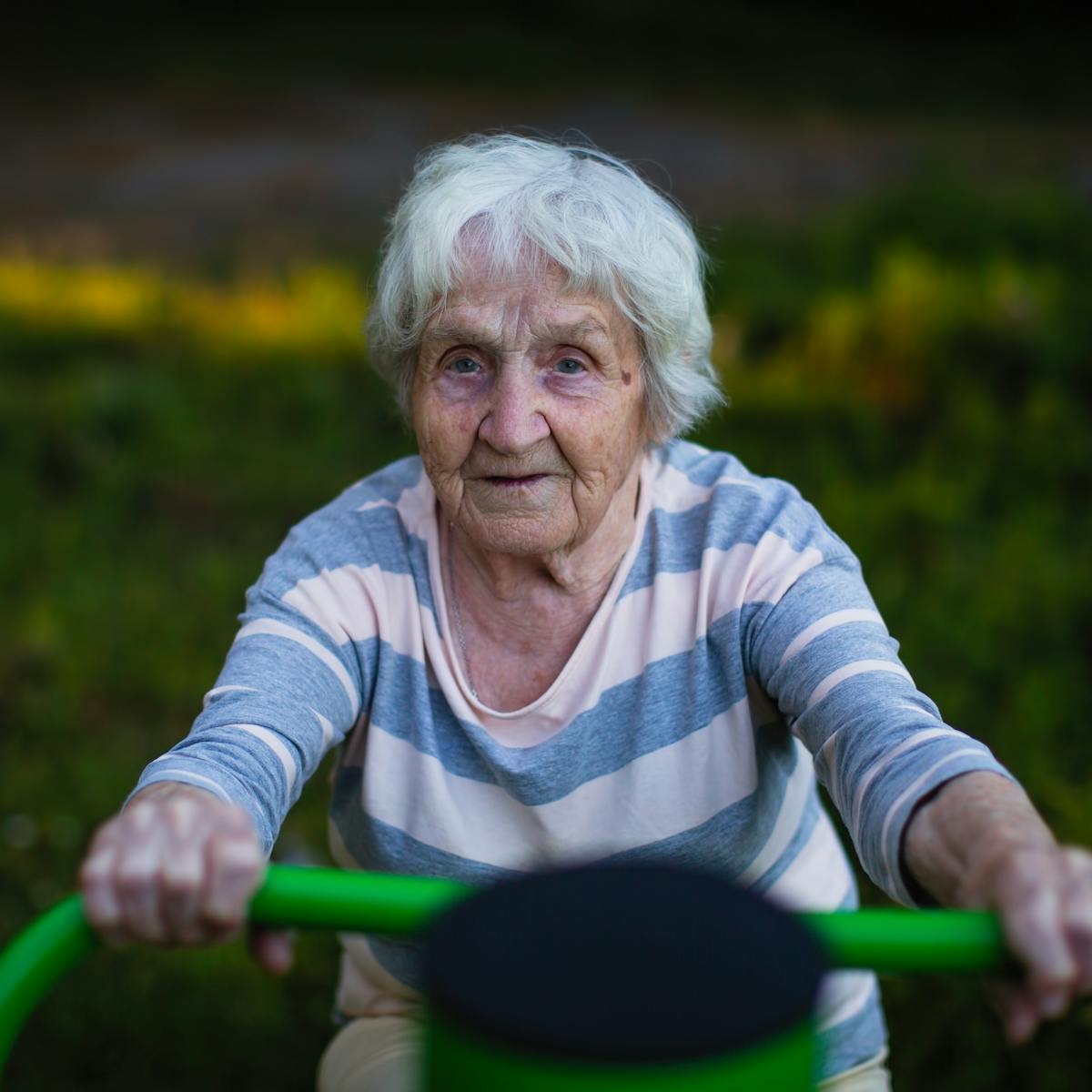The elderly may experience significant impairments in their functional abilities. This can impact their independence and safety at home, particularly if they are living alone. These include difficulty caring for basic self-care such as hygiene, dressing, and bathing.
This could include difficulty in taking medication on time; difficulty in preparing and eating proper meals; an increased risk of falling because of incoordination, weakness, and poor safety awareness; difficulties with communicating. To prevent these types of situations you can look for therapeutic activities for dementia sufferers.

Image Source: Google
It is essential to determine the type of dementia and whether the person should be taking medication for it. Many older adults living alone will not go to a doctor or neurologist for a diagnosis and proper medication. This can lead to a decrease in independence and make it more difficult for them and their caregivers.
Seniors are more at risk of declining physical health if their mental abilities decline. Poor eating habits, malnutrition, poor hygiene, and poor self-care skills can all lead to declining physical health. A proper diagnosis is essential.
This can be done by a neurologist. A caregiver should take care of the individual and ensure that medication is taken as prescribed.
A local church or senior center may be able to assist if there are no relatives who are able to care for them. If there are no relatives who can help, the local Agency on Aging can provide someone to look after them.

